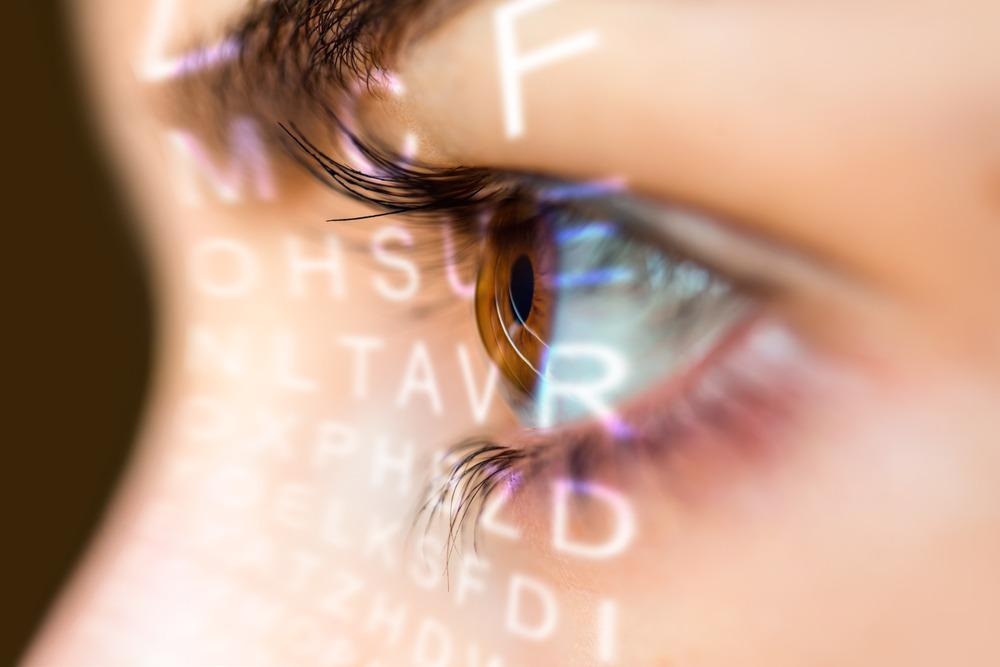
Image Credit: muratart/Shutterstock.com
The test involves using infra-red sensors to track eye movement and can deliver precise results within a few seconds.
Nearly 80 million people across the globe suffer from glaucoma, where over 111 million are predicted to be affected by the disease by 2040. In general, the loss of sight is gradual, and half of the people with glaucoma are not aware that they have it. At present, glaucoma is diagnosed by means of a 30-minute eye pressure test performed by an ophthalmologist.
The new AI-driven test requires just 10 seconds to reveal whether there is a risk of glaucoma. This makes it perfect for use in a national screening program. According to lead researcher, Professor Dinesh Kumar from RMIT, early detection, diagnosis, and treatment could help avoid blindness. Therefore, it is crucial to make screening faster and more accessible.
This research will allow a non-contact, easy-to-use and low-cost test that can performed routinely at general clinics. It could also promote a community-wide screening program, reaching people who might not otherwise seek treatment until it’s too late.
Dinesh Kumar, Lead Researcher and Professor, RMIT University
How it Works
The groundbreaking technology distinguishes between healthy eyes and those affected by glaucoma by analyzing the changes in pupil size. In the study, reported in IEEE Access, the researchers measured pupils 60 times per second with a low-cost commercial eye tracker.
Patients looked at a computer screen under ambient light conditions while custom software quantified and analyzed particular changes in their pupil size. Then, the software compared the results with existing samples of healthy eyes and those affected by glaucoma to identify the risk of glaucoma.
According to Dr Quoc Cuong Ngo from RMIT, the new technology was not just faster but also better than any similar AI-based approach.
Our software can measure how the pupil adjusts to ambient light and capture minuscule changes in the shape and size of the pupil. Existing AI glaucoma tests require the patient to be perfectly still for up to 10 minutes. Our tech does the job in 10 seconds, without compromising on accuracy.
Dr Quoc Cuong Ngo, RMIT University
Next Steps
Currently, the researchers are seeking to tune the technology to work with smartphone cameras rather than the eye tracker used in the study. They are also seeking a commercial partner before a clinical trial scheduled for 2022. With more research, the software could even be extended to identify other neurological conditions.
Journal Reference:
Ngo, Q. C., et al. (2021) Pupillary Complexity for the Screening of Glaucoma. IEEE Access. doi.org/10.1109/ACCESS.2021.3122079.